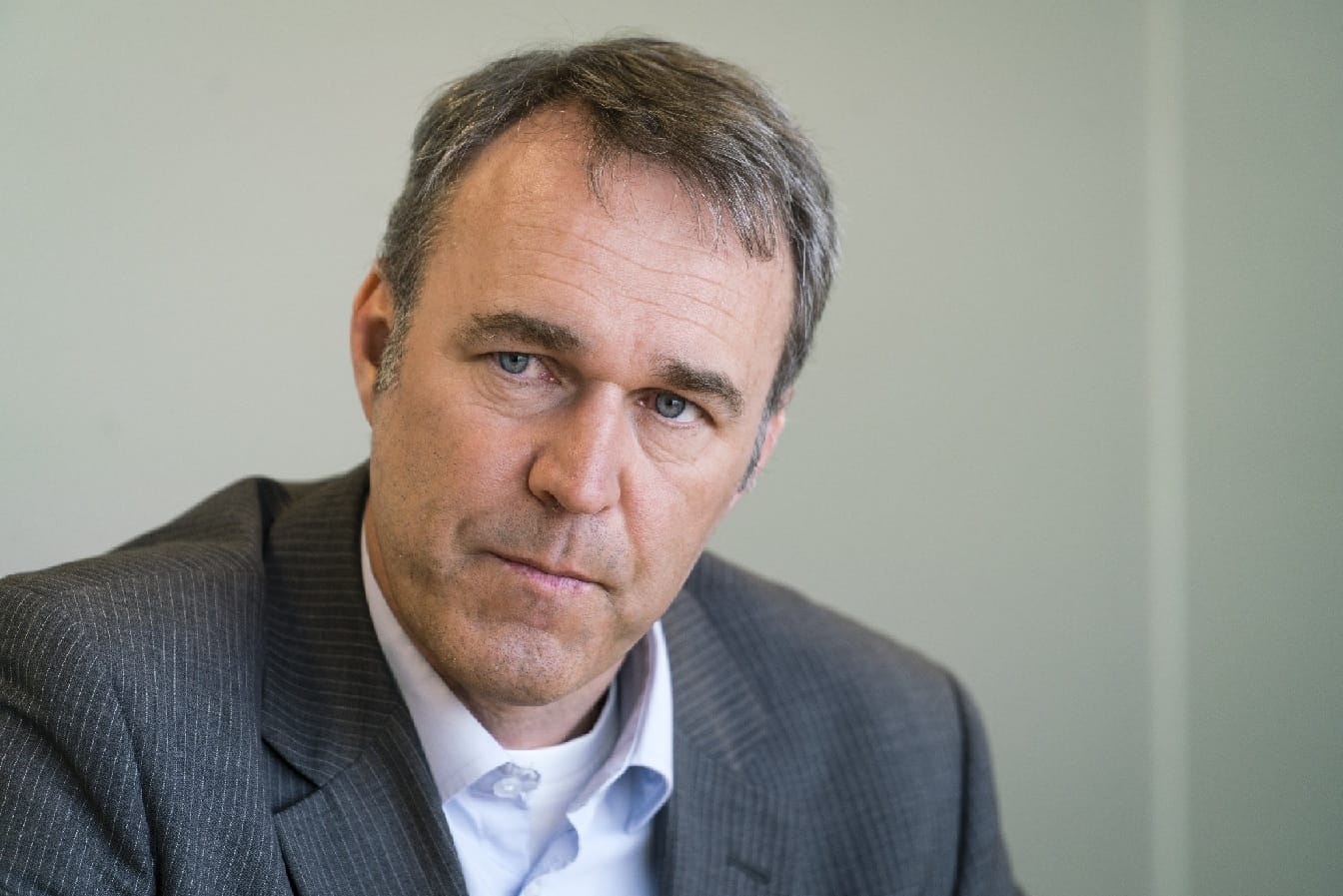Legislations and regulations aren’t exactly a scientist’s cup of tea. Nonetheless, patents and licensing are essential tools for any biotech company that’s looking to protect their assets and collect their fair share of earnings. Conversely, it isn’t easy for a lawyer without a scientific background to translate science into patents. Knowledge of both domains is essential when it comes to giving proper legal advice to biotech enterprises, and Emil Pot, European Patent Attorney at NLO, is just the man to bring these worlds together.
Emil Pot has been active as a legal advisor in the scientific world since the start of his career. While working as VIB’s first legal expert in out-licensing the institute’s patented technologies, Emil co-founded ActoGeniX, where he acted as business developer, intellectual property (IP) expert and legal advisor until the company was acquired by the US-based biotech heavyweight Intrexon. Who better to ask about the importance of intellectual property in the biotech sector?
Product development in life sciences is very demanding: not only does it require large financial investments, usually it also spans several years from start to finish.
“These huge investments need to be protected, and this is possible through patenting,” Pot explains. “Patents are the best way to protect the long-term product development process and the unique technologies enabling these products.”
“Patents are valid for 20 years, but patent term extensions, called supplementary protection certificates (SPCs) in the EU, can add another 5 years to this term. These extra 5 years can make a huge difference in biotech. Since product development takes so long, there is only a limited amount of time available to make a return on investment. Extending the patent validity with these 5 extra years helps to ensure a company can harvest the fruits of their labor. In the pharmaceutical industry, for instance, the long duration of clinical trials is not as problematic when a drug patent is valid for 25 years.
Patenting vs publishing
Scientists, whether in industry or academia, wish to publish their new insights in order to present them to the scientific community, and it might seem like the public nature of publishing could get in the way of patenting. But Pot says this isn’t usually the case:
“R&D companies know all too well how essential intellectual property is for their continued existence. These companies live on licensing deals with pharma, as they usually don’t commercialize products themselves. The value that R&D can offer is determined by its technology, derived products, research results and the like. If these aren’t properly protected, R&D companies have nothing to sell.”
“I believe scientists in Belgium understand the importance of patents very well, and they seem to find their way to the technology transfer offices of their universities or institutes quite easily. Many scientists realize that patenting and publishing aren’t mutually exclusive, and that patents can also generate added value for their research groups. Usually, there can be a good harmony between patenting and publishing.”
Legal tailoring with NLO
Recently, Pot joined NLO, one of the largest patent and trademark firms in Europe. NLO specializes in providing legal advice for technological companies, with more than 125 years of experience as a leader in the field. As a full-service company, NLO doesn’t simply file patents — it provides comprehensive legal advice and IP strategy.
One of NLO’s strengths is their industrial approach towards intellectual property.
“The people at NLO are skilled at developing a legal strategy tailored to the company in question, and they know how to generate value for their clients. Every biotech company uses a different technology or has a different approach towards the market, and a company’s IP strategy should be in line with these characteristics. That means a customized approach for every client.”
“Despite the fact that larger companies usually employ their own patent attorney or legal expert, they can still call on NLO for certain specific services in which they lack experience. About 25 European patent attorneys who specialize in life sciences are employed at NLO. These experts all develop a specific expertise, which is impossible at a biotech company with a legal team of 2 or 3 people. And because biotech companies just can’t keep up to date with everything that’s happening in the IP field, even the companies with bigger legal teams also use NLO’s services.”
In September 2015, NLO opened its Belgian office, choosing the Technology Park in Ghent as its base.
“Ghent is an important location for innovative companies,” Pot says. “The combination of its dense concentration of technology-based enterprises and the presence of Ghent University as a source of top-notch science makes it an ideal setting for our first office outside the Netherlands. On top of that, due to its central location in Flanders, Ghent is an ideal basis to provide services to innovate companies in the rest of Flanders.”


